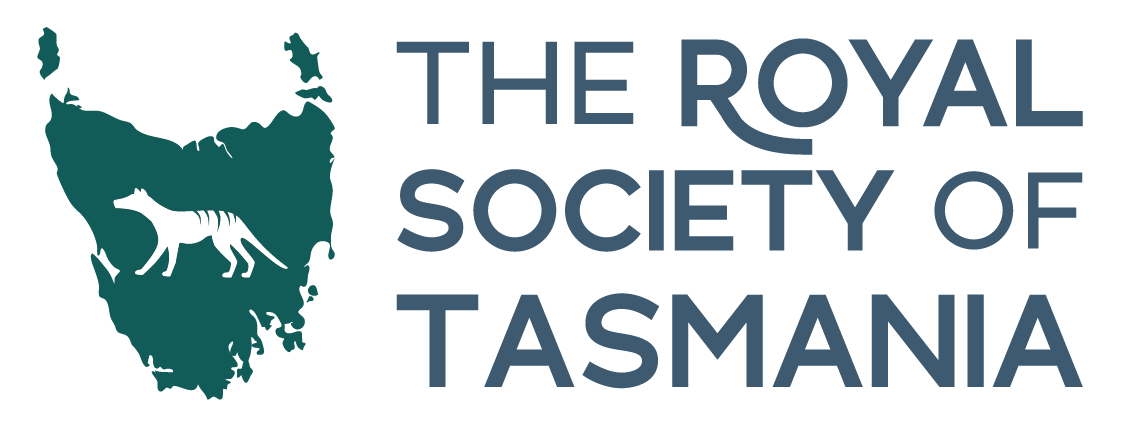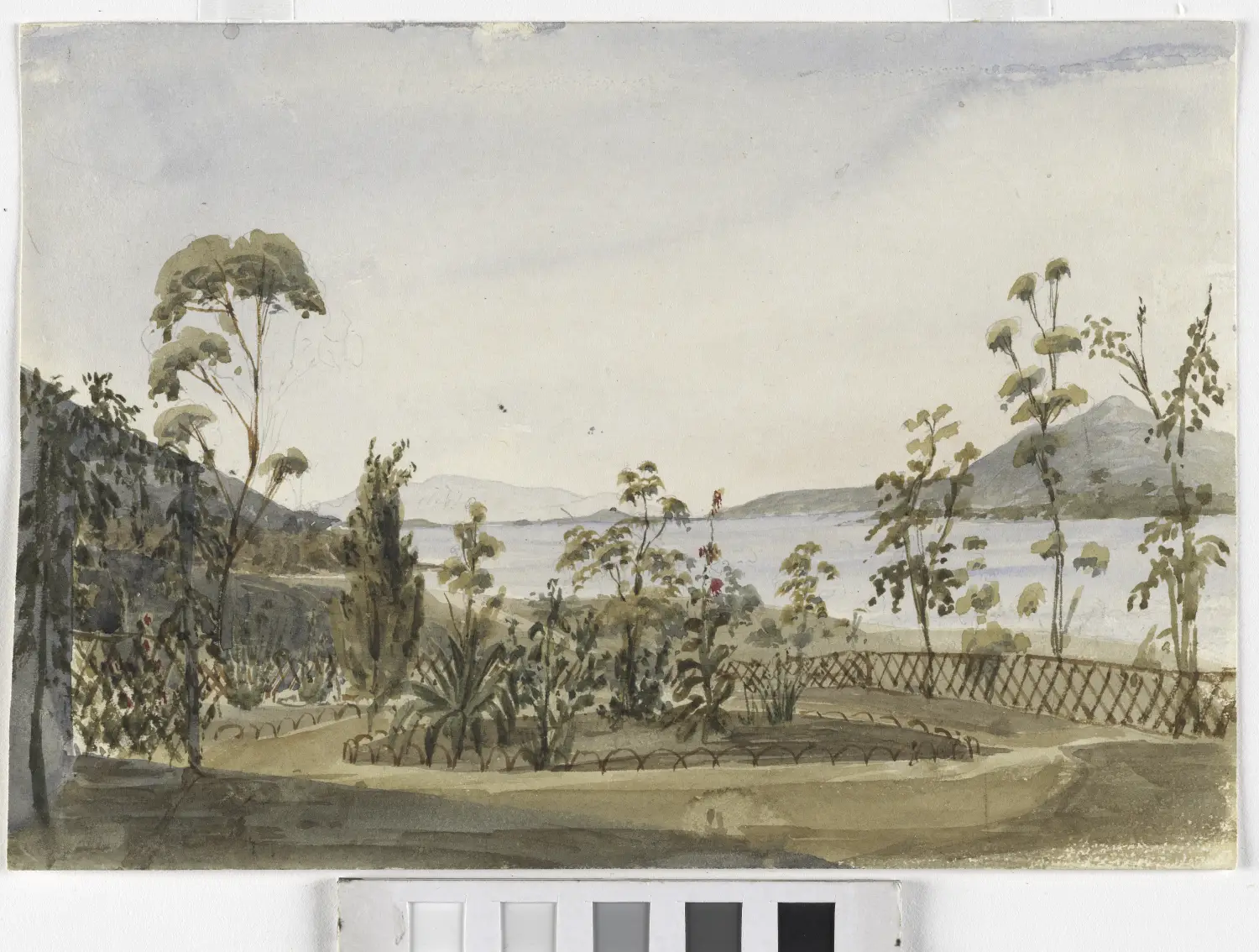Congratulations to the 2025 Georgina Sweet Australian Laureate Fellow, Professor Anya Reading The premier funding body for University research excellence in Australia is the Australian Research Council (ARC) and the most prestigious ARC awards are the Laureate Fellowships. These five-year fellowships are reserved for internationally top-tier researchers, and one, named the Georgina Sweet Australian Laureate […]

RST Apology to Tasmanian Aboriginal people 2021.




